By Ishan Sen
James Mercer Langston Hughes was a man of many talents. Popularly known as a leader of the Harlem Renaissance, he was simultaneously a poet, novelist, essayist, columnist, playwright, translator and social activist.
Hughes was born on February 1, 1902 in Joplin, Missouri, as the second child of Caroline Langston and James Hughes. Owing to the separation of his parents, young Hughes was chiefly raised by his maternal grandmother, Mary Patterson Langston in Lawrence, Kansas. Being stubborn and independent, Hughes continued to attend high school at Cleveland even as the rest of the family left in search of higher wages. He received his diploma in 1920 and returned to Mexico City.
Hughes enrolled in Columbia University, but quit in 1922 because of racial prejudice. He served as a ship crewman for two years and spent considerable time in Western Africa, France, and Italy. In November 1924, he returned to Washington, D.C. to live with his mother. He acquired employment as a personal assistant to the historian Carter G. Woodson in 1925 at the Association for the Study of African American Life and History.
A chance encounter with the poet, Vachel Lindsay, ended up as the turning point in Hughes’ writing career as Lindsay publicized his discovery of a new Black poet. After his graduation in 1930 from Lincoln University, he returned to New York and lived in Harlem as his primary home for the rest of his life. His writing, which celebrated blues and jazz culture, revolved frequently around the Harlem Renaissance. “The Weary Blues,””‘Fine Clothes to the Jew,” “Not Without Laughter,” and “The Negro Artist and the Racial Mountain” serve as fine testaments to that fact.
As a politically engaged writer, Hughes’ plays in the 1930s emphasized the injustice of the Scottsboro case and the imprisonment of Angelo Herndon, the Black Communist organizer. He travelled to several countries in order to enrich his knowledge regarding their social and political systems. He served as a correspondent for the Baltimore Afro-American in 1937, spending several months in Spain during its civil war.
During his career, Hughes authored as many as 16 books of poetry, in addition to several novels, operas, short stories, and works for children. He translated several works of literature into English and wrote two autobiographies, “The Big Sea” and “I Wonder as I Wander.”
He passed away at the age of 65 in 1967 from complications after abdominal surgery related to prostate cancer. His ashes are interred beneath a floor medallion in the foyer of the Schomburg Center for Research in Black Culture in Harlem.
Source:

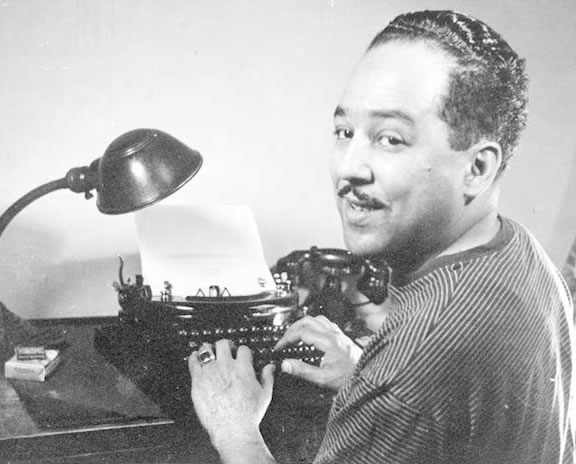




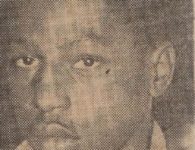

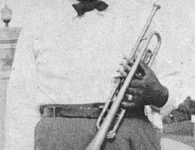

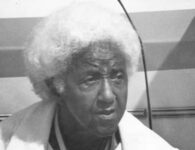



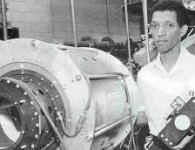

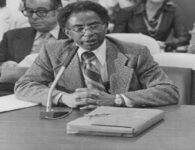
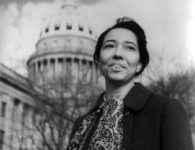
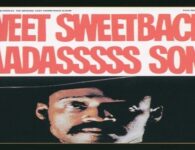
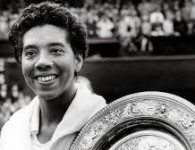

No comments